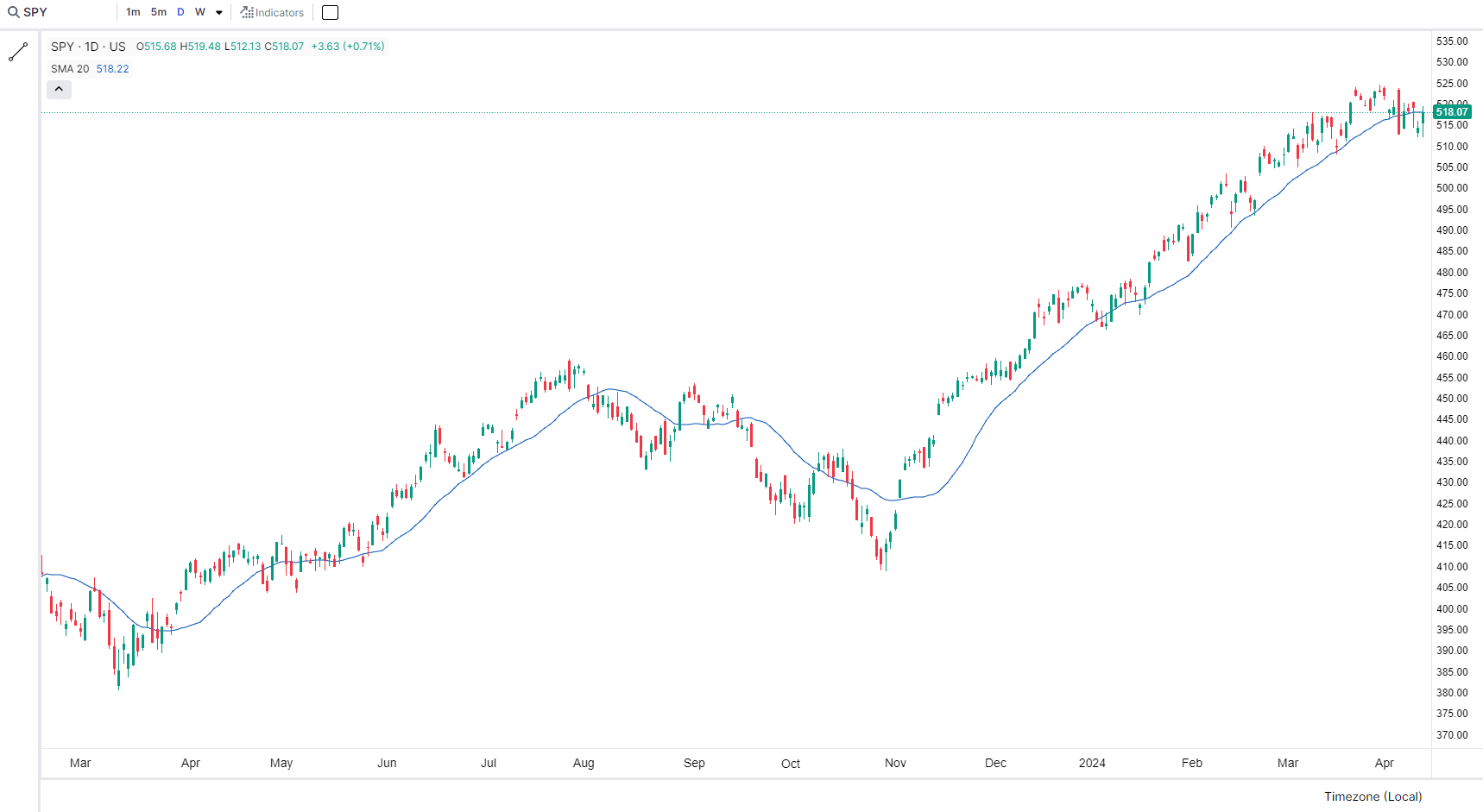The Power of Financial Literacy: Essential Concepts Everyone Should Know
5 core concepts to help you with personal finance
Last updated: April 18, 2024
Author: Nathan Nobert
Financial literacy is not just about saving money; it's about empowering yourself with the knowledge to make informed financial decisions that can profoundly impact your personal and professional life. Understanding these essential concepts is crucial in today’s economy. Here, we delve into several fundamental topics that will help lay the groundwork for a financially sound future.

Lets dive into 5 core concepts that will help you with your personal finance journey. By learning, and taking action on these concepts, you can set yourself up for a more secure financial future.
Key Takeaways
- - Understanding credit & maximizing your credit score.
- - Budgeting basics & planning for the future.
- - The importance of emergency funds.
- - Investing explained: Stocks, Bonds, ETFs, and Mutual Funds.
- - Insurance: Protecting your assets
1. Understanding Credit, and its Impact on Personal Finance
What is Credit?
Credit is important tool when building your financial foundations. It can help you secure loans, mortgages, and credit cards. However, it is important to use credit responsibly. Maxing out credit cards, missing payments, and applying for multiple credit cards can negatively impact your credit score.
Credit should be treated as a tool that can be used when access to funds immediately is needed. It is not a substitute for savings or emergency funds. It is also best used when it can work for you, and not against you. The interest rates on a typical credit range range from 15% to 25%. This can be a significant amount of money if you are carrying a balance, and you are spending money just to have the balance sitting there.
What is Credit Score?
A credit score is a numerical expression based on an analysis of your credit files, intended to represent your creditworthiness. It is primarily based on credit report information typically sourced from credit bureaus. Scores range from 300 to 850, with higher scores reflecting better credit decisions and habits. This score influences not only your ability to obtain credit but also the terms and interest rates offered by lenders.
Key components affecting yoru credit score include:
- Payment History: The most significant factor. Late payments can severely damage your score.
- Credit Utilization: How much credit you are using compared to your credit limit. Keeping this ratio below 30% is advisable.
- Length of Credit History: Longer credit histories are seen as less risky, as they provide more data on spending habits.
- New Credit: Opening several new credit accounts in a short period can lower your score.
- Credit Mix: Having a variety of credit types (e.g., mortgage, car loans, credit cards) can positively affect your score.
Improving your credit score involves making timely payments, reducing debts, and periodically checking your credit report for errors. It also does just take time, so be patient.
2. Budgeting Basics: Planning for a Healthy Financial Future

Budgeting is essentially creating a plan for your money. It involves listing your income and expenses over a specific period, usually monthly. By setting up a budget, you can ensure that you have enough money for necessary expenses and savings.
Steps to creating an effective budget:
- List your income: How much money do you receive each month from all sources?
- Track your expenses: Categorize them into fixed (e.g., rent, car payment) and variable (e.g., groceries, entertainment).
- Set goals: Short term (saving for a vacation), medium term (down payment on a home), and long term (retirement).
- Adjust as needed: Monitor your budget and adjust it if you consistently overspend in categories or if your income changes.
Creating, managing, and tracking your budget can help you identify areas where you can cut back on spending, save more, and reach your financial goals faster. It can also help you avoid debt and build wealth over time.
Budgeting isn't about pinching pennies; it's about making your money work for you. It's planning your financial party so you can have fun now while also saving up for that big concert (or house) in the future. It's about striking a balance that feels right and smart.
3. The Importance of Emergency Funds
Think of an emergency fund as your financial safety net. It's the stash you tap into when life throws a curveball, so you don't have to sweat it or raid your savings for goals. Starting small and growing it over time is the way to go.
Emergency funds are crucial for handling unexpected financial shocks without relying on credit cards or loans. Such a fund ensures that you can cover sudden costs without disrupting your financial stability or long-term savings goals.
Guidelines for building an emergency fund:
- Start small: Even a small amount, such as $500, is a solid foundation.
- Build gradually: Aim for one month of living expenses, then work up to three to six months.
- Keep it accessible: Your emergency fund should be easily accessible, not invested in volatile markets.
4. Investment Types: Stocks, Bonds, and Mutual Funds Explained
Investing is how you can grow your wealth significantly over time through the power of compound interest.
Basic types of investments:
- Stocks: When you buy stocks, you’re buying ownership in companies. Although stocks can be volatile, they offer substantial growth potential over the long term.
- Bonds: These are essentially loans you give to companies or governments in exchange for periodic interest payments plus the return of the bond’s face value at maturity. They are typically less risky than stocks.
- Mutual Funds: These funds pool money from many investors to buy a diversified portfolio of stocks and/or bonds. Mutual funds are managed by professionals and provide an easy way to diversify investments.
Jumping into investing can feel like diving into a pool for the first time. Stocks, bonds, mutual funds—it’s all about finding the right mix that suits your style and goals. It’s your ticket to potentially growing your cash pile while sleeping on it.
Investing in the stock market is a common first step. Below we can see a candlestick chart of the S&P 500 index over the last 5 years. You can learn more about investing in our

5. Insurance: Protecting Your Financial Wellbeing
Insurance is a financial safety net that helps you handle risks. Paying a premium gives you peace of mind knowing that should the worst happen, you won’t face financial ruin.
Types of essential insurance include:
- Health Insurance: Covers part of the costs associated with medical care.
- Homeowners/Renters Insurance: Protects your home and belongings from damage or theft.
- Auto Insurance: Covers the costs if you’re involved in a car accident.
- Life Insurance: Provides for your dependents in the event of your death.
nsurance is basically your financial bodyguard. It’s there to take the hit so your wallet doesn’t have to when unexpected stuff happens. Choosing the right coverage means you can face those surprises head-on without derailing your financial train.
Each type of insurance is crucial and should be chosen based on your life stage, financial situation, and risk factors. Proper coverage can prevent one adverse event from derailing your financial future.
Summary
Financial literacy empowers you to make informed and effective decisions about your money. Whether it’s improving your credit score, budgeting effectively, building an emergency fund, investing wisely, or securing adequate insurance, each step you take will contribute towards a more secure financial future.
Trending News
No news available for this ticker. Please try again later, or another ticker
